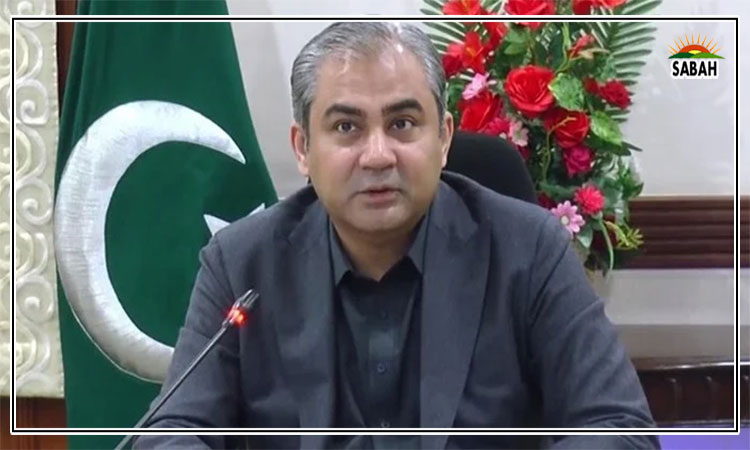Humans versus Artificial Intelligence …..Waqar Hassan
Wise humans, scientifically known as Homo sapiens, are our species. Humans may not have the largest brains, but they possess advanced cognitive potential, allowing them to think intelligently and utilise information to adapt in society. This is a significant factor that has allowed humans to thrive. Humans invented computers to extend their capabilities and improve efficiency in important tasks. However, computers remain reliant on explicit instructions from humans to operate effectively. Artificial Intelligence (AI) is no exception to this.
AI has the power to solve complex problems, surpass humans in challenging games, and even achieve comprehension of various languages. This has led to remarkable advancements in social, political and economic domains. AI can greatly benefit humanity across different sectors, but it also comes with limitations.
Unlike humans, AI excels at processing vast amounts of information, but it struggles to adapt to entirely new situations without significant reprogramming. In addition, humans can learn from both information and their own experiences, allowing them to adapt and grow in ways that AI, currently reliant on predefined data sets, cannot. Furthermore, humans possess self-awareness and critical thinking abilities that set them apart from AI.
Human beings can make predictions based on intuition in addition to using data, a task that AI currently struggles with. Unlike robots, humans are guided by emotions, which can fuel creativity, empathy and motivation. However, emotions can also cloud judgment, requiring humans to develop emotional intelligence to navigate them effectively. By harnessing their emotional intelligence, along with logic and reason, humans can achieve growth in their endeavours.
The human brain utilises its senses and stored knowledge to perceive and make decisions in critical situations. AI, while capable of accumulating massive amounts of data, lacks the human ability to use real-time sensory input for decision-making. In medicine, AI is increasingly used for precise and efficient diagnoses, offering valuable assistance to doctors. However, AI currently lacks the empathetic qualities and the ability to consider nuanced human factors that experienced doctors can bring to the table.
Humans excel at using their past experiences and general knowledge to navigate new situations. While AI may struggle with tasks requiring common-sense reasoning at present, the field is constantly evolving. One key difference between human and AI is how they understand the world. Humans possess a well-rounded understanding due to their ability to learn from experiences and use common sense. The ability to comprehend the world is a crucial aspect of intelligence, and humans excel in this area due to common sense and experience. However, intelligence encompasses various aspects. AI demonstrates impressive capabilities in processing information and solving specific problems, showcasing a different kind of intelligence. While AI may struggle with tasks requiring common-sense reasoning at present, it can be a valuable tool in the education sector. AI can personalise learning experiences, analyse vast amounts of educational data to identify student needs, and even provide automated feedback.
AI excels at specific tasks, as demonstrated by its prowess in games, knowledge retrieval, and even medical analysis. However, it currently lacks the human qualities of empathy, common sense and emotional intelligence. This is where humans shine. The future may lie in collaboration, where AI enhances human capabilities and humans provide the aspects AI currently lacks. Consequently, humans remain a powerful force due to their well-rounded intelligence, which includes empathy, common sense, the ability to adapt and a capacity for intuitive understanding that complements AI’s strengths.
The use of AI can augment human skills, leading to better performance in various fields. For example, AI can assist doctors in diagnoses, personalise learning experiences for students and analyse data to develop solutions for food scarcity and environmental challenges. This collaboration between AI and human ingenuity can ultimately lead to increased efficiency, improved health services, poverty reduction and a more sustainable future.
Courtesy The Express Tribune, April 20th, 2024.












